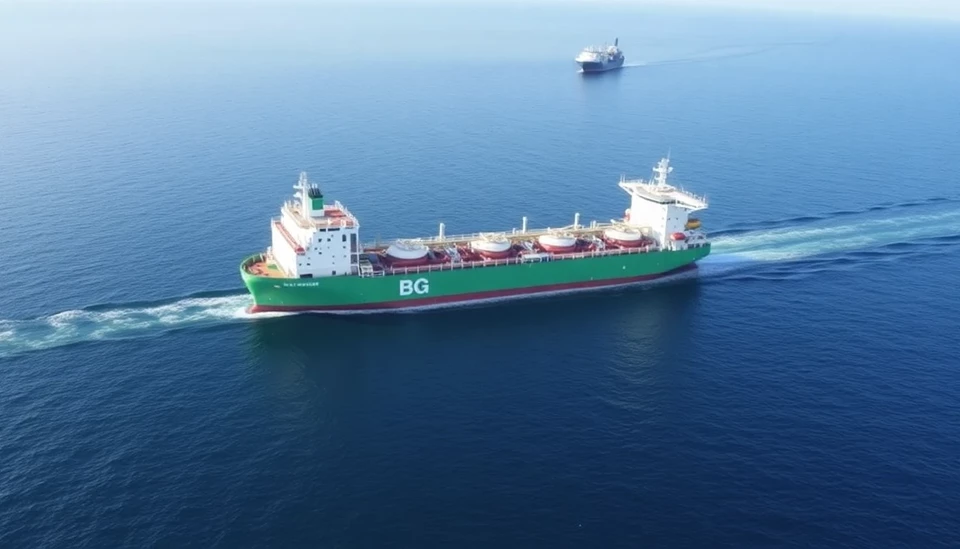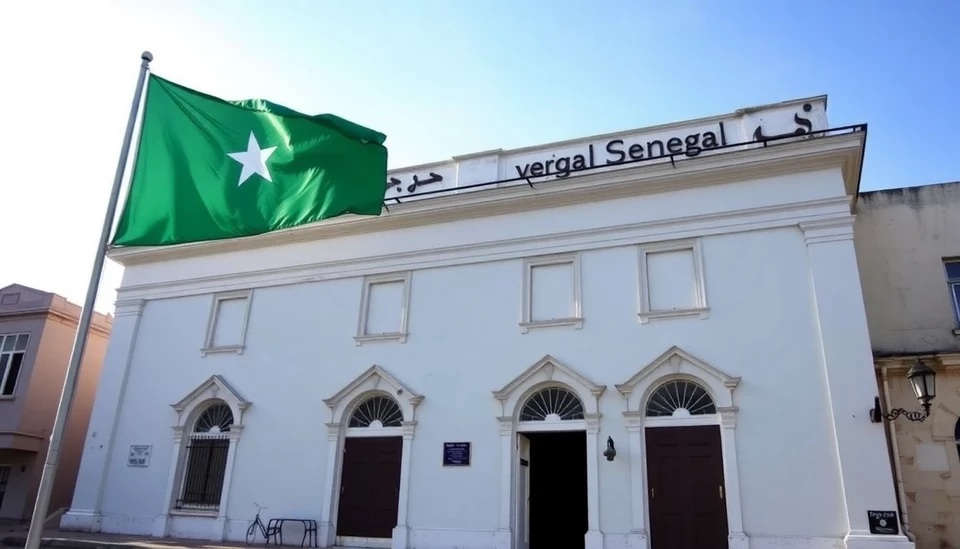
In a significant development for Senegal’s economic landscape, the nation has announced plans to revise its program with the International Monetary Fund (IMF) after a recent audit uncovered a larger-than-anticipated fiscal deficit. This revelation has generated substantial discourse regarding the country's financial strategies and commitments to adhering to economic targets set forth by the IMF.
The audit, conducted as part of Senegal’s compliance with the IMF's requirements, indicated that the country’s deficit has exceeded previously reported figures. Official sources suggest that this discrepancy is tied to a range of factors including increased public spending and a shortfall in revenue collection, issues that are affecting Senegal's ability to maintain fiscal sustainability amid rising economic pressures.
As part of its ongoing discussions with the IMF, Senegal has acknowledged these challenges and is seeking to realign its economic policies to better reflect the current financial realities. This entails potential adjustments to expenditure levels, revenue enhancement measures, and a re-evaluation of priority projects within its national budget.
The IMF has played a critical role in supporting Senegal's economic framework, providing necessary financial assistance and guidance to ensure the economy remains stable. However, with the latest audit findings, both parties will need to engage in an in-depth review of the existing program to formulate necessary adjustments that can help Senegal achieve its economic goals without compromising fiscal discipline.
Economists and financial analysts are closely monitoring the situation, considering the implications it may have on Senegal’s future economic climate. Ensuring that the country's financial management aligns with the IMF’s stipulations will be crucial for maintaining investor confidence and securing further investments, particularly in a region where economic growth is paramount for development.
As the Senegalese government prepares for discussions with the IMF, stakeholders from various sectors are urging transparency and proactive measures to address the fiscal challenges highlighted in the recent audit. The hope is that Senegal can maintain its trajectory of growth while also ensuring accountability in its economic dealings.
In conclusion, the adjustment of Senegal's IMF program marks a pivotal point for the country's economic strategy in the face of unexpected fiscal challenges. The collaboration between the Senegalese government and the IMF will be essential in navigating these complexities and fostering economic resilience for the future.
#Senegal #IMF #FiscalDeficit #EconomicPolicy #PublicSpending #RevenueCollection
Author: Daniel Foster




